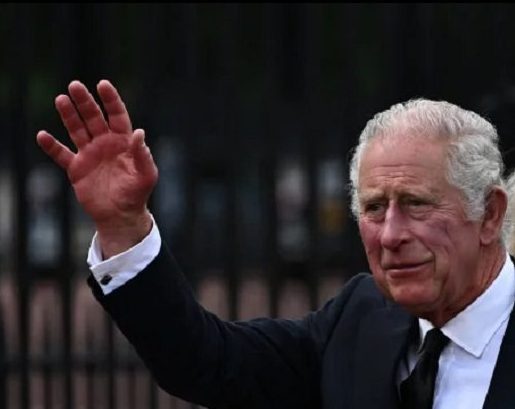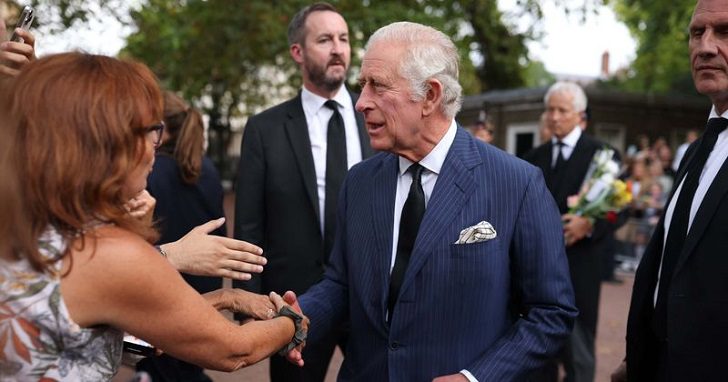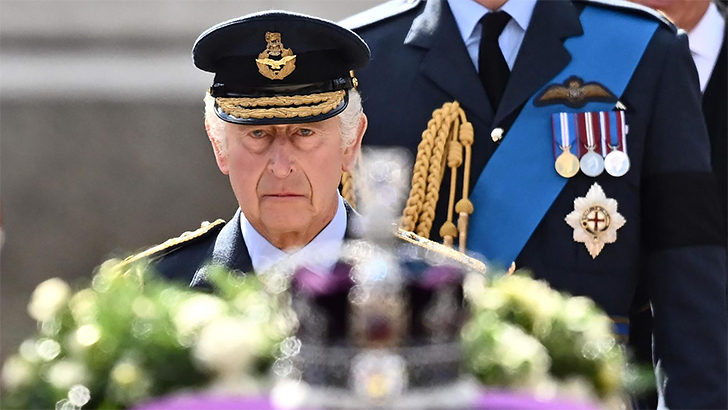Following Queen Elizabeth II’s death, King Charles finally ascended to the throne in late 2022. Britain’s new king had to wait longer than any other monarch in history, hpoiowever, he made good use of his time by getting closer to the general public and forming an indelible bond. This bond was evident when he received public love and adoration. A royal insider, however, fears that the King’s “honeymoon period” will end if he does not learn to play by the royal rules.
Watching the King shake the hands of well-wishers outside Buckingham Palace and when he accepted a kiss from one brave woman reminded many of us of Tony Blair’s 1997 entrance into 10 Downing Street with waves and smiles. Like a new PM, a new sovereign faces a long list of rituals but with even more pageantry and tradition, ranging from his mother’s funeral in the coming days to his coronation in the months ahead.

The similarities may appear to end there. Charles does not have an election to worry about, no petty backbenchers to placate, and no Prime Minister’s Questions to prepare for. He will begin his weekly meetings with Truss, but it is his responsibility to ask her questions, which will be kept private in any case. Monarchs, even those as old as 73, can envision ruling for decades rather than days.
Possible adjusting struggling ahead
According to the expert, the monarchy’s future survival will be a major concern. The ‘big adjustment’ for King Charles comes after a string of scandals involving the royal family, including the Jeffrey Epstein and Prince Andrew scandals.

According to a Royal Holloway University professor, this will be a significant change for the royal brand as it transitions into the King Charles III era. Many people have been accustomed to the Queen ruling the country for over 70 years, and the public will find it difficult to accept Charles in her place.
King’s ‘lackluster’ personality
The outpouring of public grief in the aftermath of the queen’s death may indicate that the monarchy is in good standing. But academic Pauline Maclaran, author of “Royal Fever: The British Monarchy in Consumer Culture,” is skeptical. However, support for the queen does not always translate into support for the monarchy as an institution.

Although support for the monarchy remains strong, it has dropped dramatically from 75% in 2012 to 62% recently. According to Maclaran, major risks for Charles include his low popularity and a reputation for meddling in public affairs. People have long worried that Charles will meddle too much in politics. Charles was chastised as Prince of Wales for writing a series of letters that allegedly jeopardized his impartiality.
Perhaps an even greater risk, according to Maclaran, is that Charles will lead the monarchy as a white, heterosexual, privileged male at a time of increased awareness of identity issues and the colonial past.




